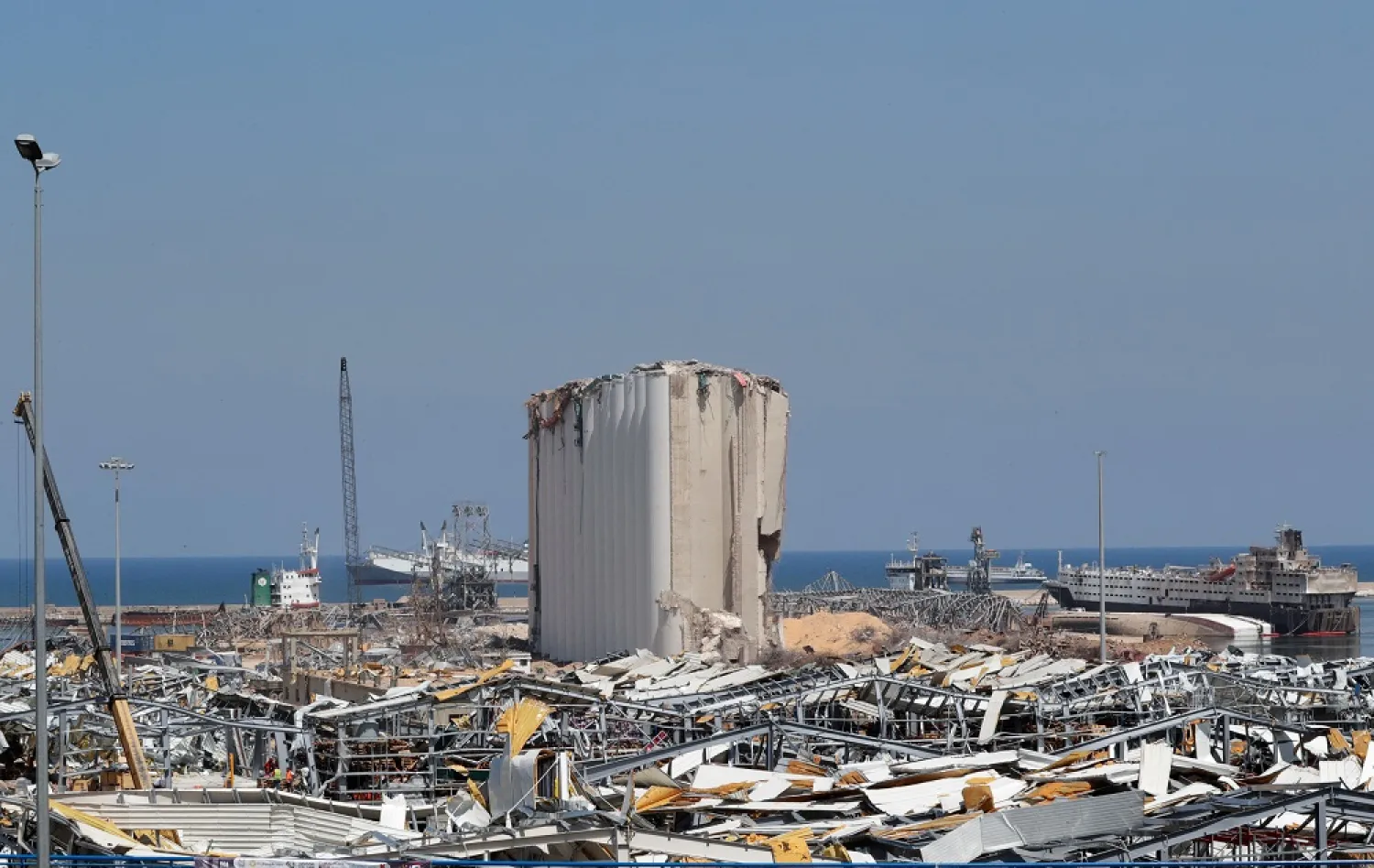Lebanese Prime Minister designate Saad al-Hariri intends to ask Russia for economic assistance during a visit to Moscow later this week, the RIA news agency cited his special representative as saying on Tuesday.
Hariri will seek Moscow’s help restoring the port in Beirut, devastated by a huge chemical explosion last August, and building electric power stations, RIA said.
The explosion killed 200 people and caused billions of dollars worth of damage, further weakening an economy already facing meltdown as a banking crisis sent the value of the Lebanese pound plunging against the US dollar.
Last week, German companies including Hamburg Port Consulting presented a multi-billion-dollar plan to rebuild the port and neighboring districts, while French container shipping group CMA CGM also said it was pursuing a plan to restore the port.
Neither project can advance until Lebanon’s leaders break a political deadlock which has prevented the formation of a new government and stalled economic reforms, which Western countries say must come before aid or investment flows.
Hariri, a three-time prime minister, resigned in 2019 after nationwide protests against a political elite which demonstrators blamed for pushing the country into crisis.
He was nominated prime minister again in October but remains at loggerheads with President Michel Aoun and has been unable to form a new government.
RIA quoted Hariri’s envoy, George Shaaban, as saying he would seek Russian support to help address electricity shortages.
“There is a need to build new power plants that will be able to supply the country with 24-hour electricity… We will look to Russia and its possible assistance to Lebanon, both in these sectors and others,” Shaaban added.
Hariri will also discuss the possibility of Russia supplying vaccines against the coronavirus, he said.









